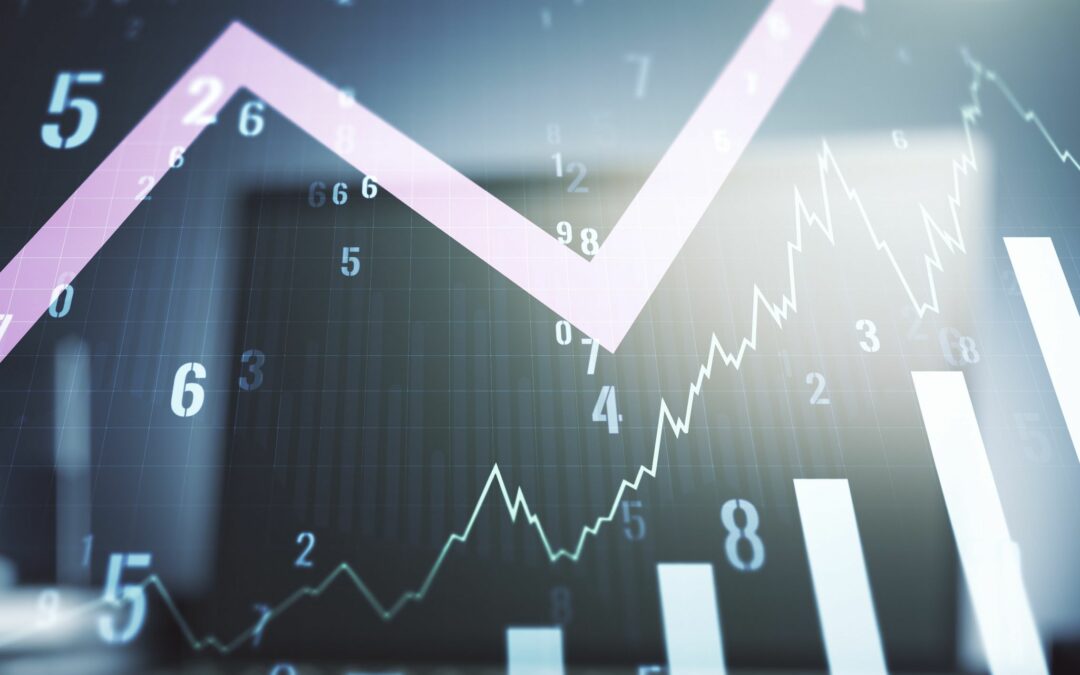Excess profits tax is detrimental to Germany as an investment location
Fueling up is frustrating these days. With Russia’s war of aggression on Ukraine, the price of gasoline in Germany rose well above two euros per liter, and even the discount granted by law from June 1, 2022, has not yet had the desired effect. In the public debate, the discussion quickly turned to the question of whether the oil companies were raking in huge profits at the expense of society. Some political representatives demanded that war and crisis profiteers should pay an excess profits tax. A popular topic – but does it really help society?
Who is a crisis profiteer, who is not?
The excess profits tax is tricky from a legal point of view: It has not yet been proven whether the fuel discount was actually not passed on. The oil companies contradict the accusation and argue that world market prices have continued to soar, driven by high demand for gasoline from the USA. In addition, the question arises as to the level at which a profit becomes an excess profit and which war- and crisis-related profits are morally condemnable (and subject to subsequent taxation)?
In times of the Corona pandemic (and home office), companies like Amazon or Apple have been able to make above-average profits, as have (government-sponsored) vaccine manufacturers such as Biontech. Are they all crisis profiteers? Roland Koch, among others chairman of the Ludwig Erhard Foundation, writes in his current commentary (ERHARD HEUTE): “Biontech also made an ‘excess profit’ due to the crisis, the owners became very rich, new investments were financed and the state received a lavish amount according to the rules that apply to all. In 2021 alone, Biontech paid about four billion euros in taxes, freeing the towns with Biontech branches, i.e. Mainz, Marburg and Idar-Oberstein from (…) the debt of many years.”
German Federal Cartel Office investigates possible price agreements
If there is a suspicion of price fixing, then it is the task of the Cartel Office to take a close look at the companies. This is exactly what is happening now with gasoline prices – although Andreas Mundt, President of the German Federal Cartel Office, is already dampening expectations: “Neither the German Federal Cartel Office nor any other authority in Germany can (…) lower prices at the push of a button.” High prices and also the generation of high profits are not illegal, he said.
Additional tax revenues of 220 billion euros
Every profit is taxed, including additional profits due to the crisis. The German Federal Government, state governments and local authorities expect significantly higher revenues this year and in the coming years than previously anticipated. The tax estimate published in May 2022 predicts additional revenue of 220 billion euros by 2026. It is to be hoped that companies will generate profits in order to invest in further investments and in the urgently needed transformation of the economy.
Imposing excess profits taxes according to populist sentiments would be arbitrary. Subjecting profits to a special tax would discriminate against individual sectors, drive up prices further and dampen the economy’s willingness to innovate and invest. Worse still, it would call into question the legal certainty of the German tax system. Because changing the rules after the fact leads to uncertainty among investors – which is toxic for Germany as an investment location.
More insights

Breaking a German Taboo: Minimum Wage Dictated by the State


Cyber crime – a real problem for companies
Get in touch
Contact
Phone +41 41 500 05 31

